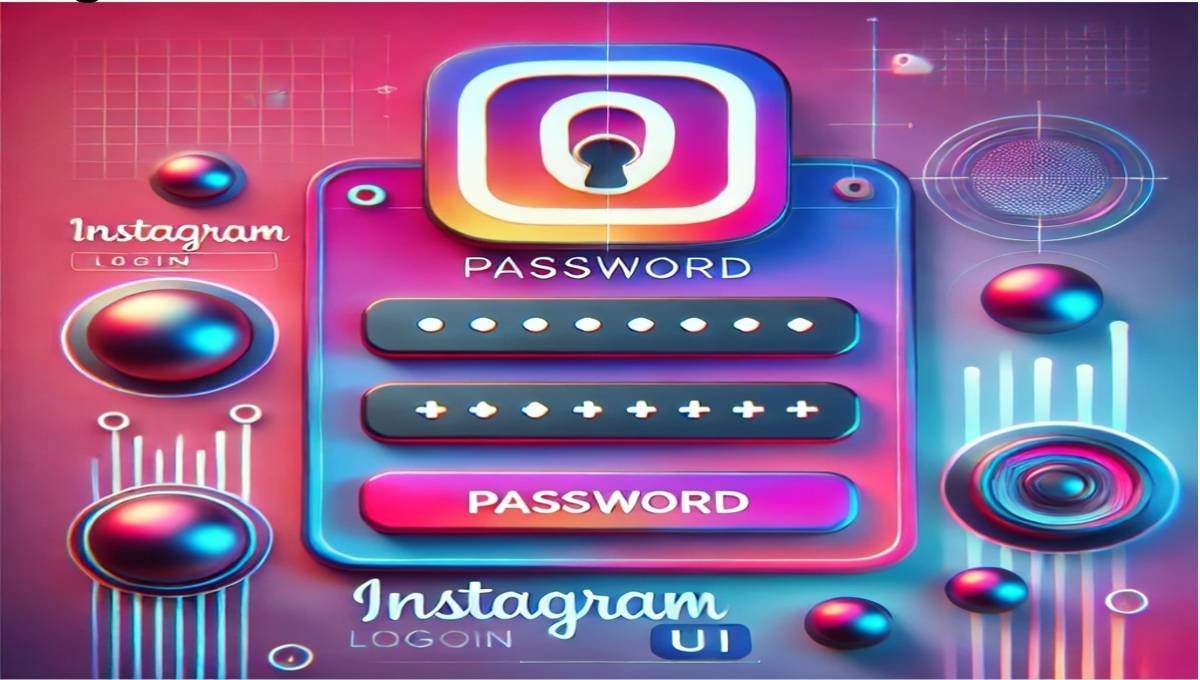With increasing cyber threats, securing your personal data and devices has never been more important. Hackers, identity thieves, and cybercriminals are constantly searching for vulnerabilities to exploit. One of the simplest yet most effective ways to safeguard your information is by using a strong passcode. However, many people struggle to create a passcode that is both secure and easy to remember. This guide will provide practical strategies to help you generate a strong passcode, keep it secure, and enhance your overall cybersecurity.
Why a Secure Passcode Matters
A secure passcode is your first defense against unauthorized access. Whether it’s your smartphone, computer, or online account, a weak passcode makes it easier for hackers to break in. With cybercrime on the rise, your data—including personal information, financial details, and private conversations—could be at risk if you don’t take security seriously.
The Risks of Using Weak Passcodes
Many people use common and easily guessable passcodes, such as “1234,” “password,” or their birth year. Cybercriminals rely on these predictable patterns to hack into accounts quickly. If you use a weak passcode, you increase your risk of falling victim to:
- Identity Theft – Hackers can steal personal details and use them for fraudulent activities.
- Financial Fraud – Weak passwords make it easier for attackers to access your banking details.
- Data Breaches – If your passcode is compromised, all linked accounts could be at risk.
- Privacy Violations – Your emails, social media accounts, and private messages could be accessed by unauthorized users.
To avoid these dangers, you must create a passcode that is difficult to crack yet easy for you to remember.
How to Create a Strong and Secure Passcode
A strong passcode should be unique, complex, and unpredictable. Here are some key strategies to help you create a secure passcode:
1. Use a Password Manager
One of the best ways to manage strong passcodes is by using a password manager. These tools generate and store complex passwords for you, making it easier to secure multiple accounts. Here’s why a password manager is beneficial:
- Generates unique passcodes for every account – Avoids repetition and common words.
- Encrypts and securely stores passcodes – Protects them from hackers.
- Autofills passwords – Eliminates the need to remember multiple complicated passwords.
Some reputable password managers include LastPass, 1Password, and Bitwarden. If you struggle with remembering passwords, a password manager can make your life much easier while keeping your data safe.
2. Use a Random Passcode Generator
For those who prefer to create passcodes manually, a random generator can be extremely useful. A random passcode consists of a combination of uppercase and lowercase letters, numbers, and symbols. The best passcodes:
- Are at least 12–16 characters long – The longer, the better.
- Do not include personal information – Avoid birthdays, names, or common words.
- Use different characters – A mix of letters, numbers, and symbols increases security.
Many websites and apps offer built-in passcode generators. Use these tools to create secure and unpredictable passwords that are difficult to crack.
3. Use Passphrases Instead of Passcodes
A passphrase is a more secure and easier-to-remember alternative to a traditional passcode. Instead of using a short and random string of characters, a passphrase consists of multiple words or a sentence. Here’s why they work well:
- Easier to recall – Unlike random characters, phrases are meaningful and memorable.
- More difficult to crack – Longer than standard passcodes, making brute-force attacks ineffective.
For example, instead of using a weak passcode like “P@ssw0rd,” opt for something like “Blue$Carrots!JumpOverTheWall.” The added complexity makes it harder for attackers to guess while still being easy for you to remember.
4. Enable Two-Factor Authentication (2FA)
Even the strongest passcode can be compromised. Two-factor authentication (2FA) adds an extra layer of security by requiring a second form of verification. Here’s how 2FA protects your accounts:
- Uses a secondary authentication method – A text message, email, or authentication app.
- Prevents unauthorized access – Even if someone guesses your passcode, they won’t be able to log in without the second factor.
- Works on multiple platforms – Enable 2FA on banking apps, social media, email, and other critical accounts.
Popular 2FA apps include Google Authenticator, Authy, and Microsoft Authenticator. If you haven’t set up 2FA yet, do it now.
5. Avoid Common Mistakes
Creating a secure passcode is just the first step. Many people unknowingly make security mistakes that put their information at risk. Here’s what to avoid:
- Reusing passwords – Every account should have a unique passcode.
- Sharing passwords – Never share your passcode with anyone, even friends or family.
- Writing passwords down – Instead of jotting them down on paper, use a password manager.
- Using personal information – Avoid names, birthdays, or favorite sports teams.
- Skipping software updates – Security patches help protect against hacking attempts.
By being mindful of these common mistakes, you can greatly improve your online security.
Conclusion
Securing your devices and online accounts starts with using a strong passcode. By following best practices—using a password manager, generating random passcodes, creating passphrases, enabling two-factor authentication, and avoiding common mistakes—you can significantly reduce your risk of cyber threats.
Take action today. Strengthen your passcodes and protect your digital life from cybercriminals. Stay safe online!
By following these guidelines, you can significantly enhance your online security and keep your personal data safe from cyber threats.
